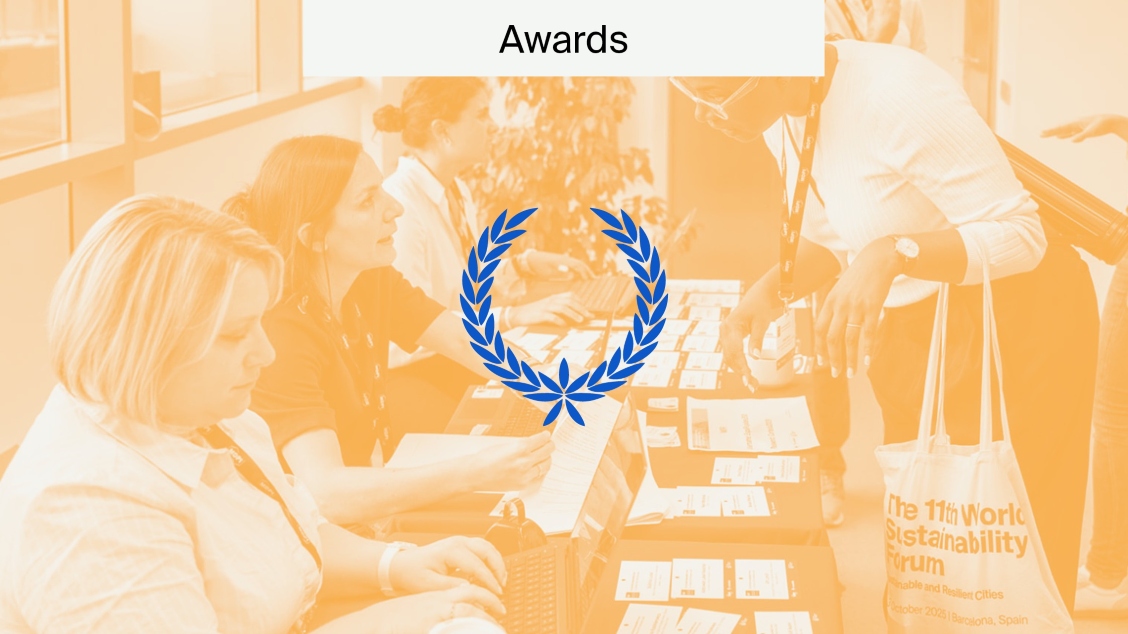
Can Publishing Respond to a Crisis? An Evidence-Informed Approach
On 13th January 2022, OASPA (Open Access Scholarly Publishing Association), of which MDPI is a member, held its first webinar of 2022, sponsored by the Royal Society of Chemistry. It began with an introduction from Catriona J. MacCallum, a board member of OASPA and the chair of the event, and addressed the question of “Can publishing respond to a crisis?”.
Can publishing respond to a crisis?
The webinar aimed to “take an evidence-informed approach to how publishers and others in the scholarly communications system responded to the pandemic and explore what the findings can tell us about the future of scholarly communication”, as evidenced by the report from the Research on Research Institute, Scholarly communication in times of crisis: The response of the scholarly communication system to the COVID-19 pandemic, presented by Ludo Waltman from Leiden University and Stephen Pinfield from the University of Sheffield.
They first described the COVID-19 Publishers Open Letter of Intent, which was formed in January of 2020 by a large number of publishers and scholarly communications organisations, led by the Wellcome Trust—“a joint initiative to maximize the efficiency of peer review, ensuring that key work related to COVID-19 is reviewed and published as quickly and openly as possible”.
Report on COVID-19 research
The report detailed the main commitments made by the organisations below and provided data on the extent to which they had been fulfilled:
In the making COVID-19 research outputs open or free access category, it was found that, for the most part, publishers have followed through with their commitments to making research on COVID-19 freely accessible to all.
Following on from this, for the preprinting of COVID-19 research category, the levels of preprints were compared with those of peer review outputs. It was shown that during the first month of the pandemic, levels of preprints and outputs were the same; however, the progression of the pandemic saw a continuous increase in outputs and a decrease in preprints. It was highlighted that the commitment to preprinting has not been actualized, with an average of 5% among the publishers studied.
Data
The sharing data from COVID-19 research category analysed the extent to which COVID-19 data have been shared. It was found that, in general, this data sharing has been relatively low, with the exception of genome sequencing data, which has shown a positive increase.
In the speeding up publication times of COVID-19 articles category, the average submission-to-publication times for different publishing companies (including MDPI) were shown for April 2020. For all publishers, COVID-19-related articles took a significantly shorter time to publish than non-COVID-19-related ones. Additionally, it was demonstrated that the rejection time was quicker for COVID-19-related articles compared to non-COVID-19-related ones, meaning that authors were able to begin to improve their work more quickly.
Peer review
Finally, regarding the facilitating peer review of preprints of COVID-19 research category, a large-scale survey of authors who had submitted preprints of their COVID-19 research was conducted. The results showed that 53% of authors received some sort of feedback on their preprints, 1 out of 4 of which were provided with detailed feedback similar to that in a peer review process. They also mentioned new platforms which have developed initiatives to facilitate the peer review of preprints, namely, Outbreak Science PREreview and RR:C19, which were part of the COVID-19 Rapid Review Initiative.
Key takeaways: can publishing respond?
Stephen Pinfield gave a brief overview of the takeaways from the study: firstly, the power of all freely accessible research—demonstrated from the finding that research was disseminated earlier in the pandemic than it otherwise would have been—enabling drug development and the construction of policy, which could potentially be applied to many more worldwide crises; secondly, that no one stakeholder group is more responsible for driving change in scholarly communication than another—this requires a fully collaborative effort.
Upon reflection of the project, a total of 16 recommendations were made. These included the increased promotion of open data, access, and research; a more united approach to improve the currently low levels of preprints, with each stakeholder playing their part in this joint effort; and finding smart ways to adapt peer review to different situations to alleviate the pressure on the peer review process in times of crisis.
Diverse voices
After the results of the report were presented, we heard the perspectives of Robert Terry from the World Health Organisation; Hannah Hope from the Wellcome Trust; Jessica Polka from ASAPBio; and Stefano Davide Vianello from EPFl, Lausanne, Switzerland.
Among them, Robert Terry stated that more work on the research process is required in order to identify situations other than the COVID-19 pandemic where open access will make a difference. He also highlighted that the pandemic has created the need for preprints, which would otherwise have been widely dismissed in life sciences, and that open access concerns, in addition to free availability, reuse—he highlighted the importance of licencing in order to improve data integration, narrative, and reuse. He concluded that changes need to be made to the publishing system to correct the shortcomings that were experienced during the pandemic.
Hannah Hope expressed the need to destigmatise the retraction of research when it is voided by subsequent work, and the importance of celebrating researchers who admit their research mistakes. Meanwhile, Jessica Polka underlined that preprints support the integration of research; however, due to the low level of data sharing and preprinting presented in the report, it is clear that there is more work to be done.
Crisis and publishing
If you missed the webinar, the full recording can be found here. Our statement on the COVID-19 pandemic can be found here, which lists the sources of COVID-19 information and research from MDPI, such as preprints, journal articles and Special Issues. Can publishing respond to the crises we’re facing? We hope this summary can help answer that question for you.
MDPI has over 400 journals, so you’re bound to find a home for your research. See our full list of journals if you are interested in submitting.










